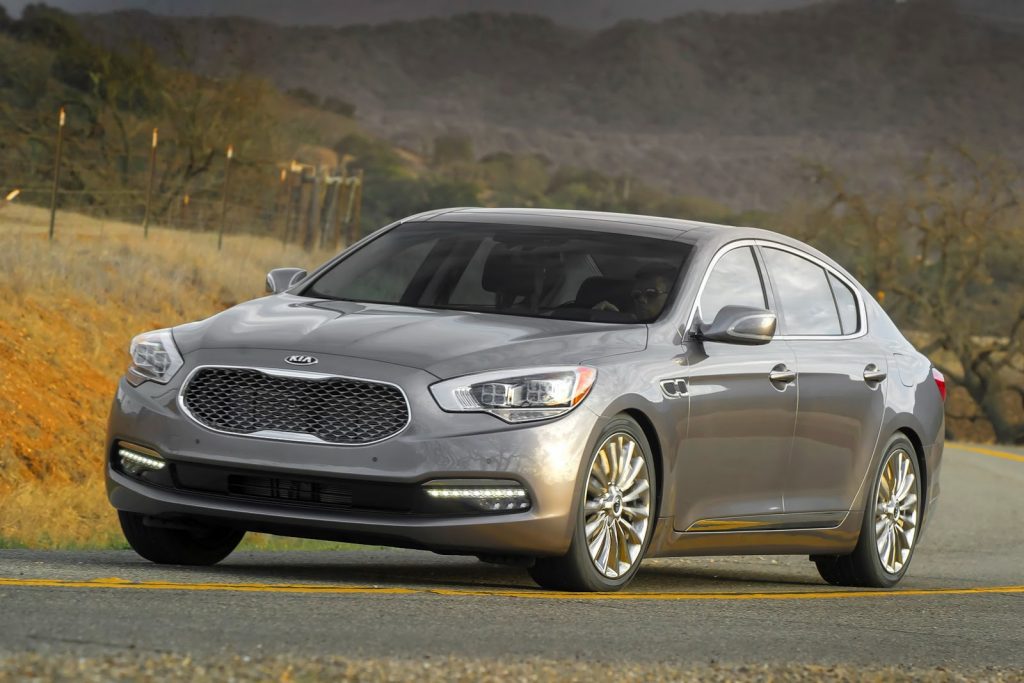Investigation is focused on fire risk linked to Korean Mando anti-lock brake control units
4 hours ago
 –>
–> 
–>
Kia and Hyundai aren’t having the best of Novembers. Last week a judge decided that insurance companies hoping to recover $1 billion from the automakers they say the lost because of TikTok theft craze could proceed to court, and now the NHTSA has opened an investigation into a previous series of recalls that involves more than 6 million vehicles.
The NHTSA’s Office of Defects Investigation is looking at eight recalls made by Hyundai and the same number made by its sister company Kia, all related to a faulty anti-lock braking system that posed a fire risk. The brake control unit at the center of the investigation was made by South Korean component manufacturer Mando, and fitted to 6.3 million cars and SUVs in the U.S.
Related: Hyundai And Kia Recall Millions Of Cars In The U.S. Over Fire Risks
advertisement scroll to continue

Though the automakers have already recalled vehicles to remedy the problem, the NHTSA wants to know whether Kia and Hyundai followed official reporting requirements, and also why some of the descriptions of the defects and recommended repairs differ between recalls, when the problem was essentially the same.
The two automakers issued multiple recalls related to the fire risk between 2016 and 2023, the last one being announced only two months ago, in September. In that case Hyundai claimed that a faulty O-ring in the brake module could cause brake fluid to leak, potentially resulting in a short circuit and a fire in the engine bay, yet Kia claimed it didn’t know “the exact cause” of the problem, despite both brands using the same Mando-supplied components.
The joint recall amounted to almost 3.4 million vehicles, the owners of which were advised to park their vehicles outside and away from any structures while a recall aimed at fixing an issue that could cause a fire is rolled out. Kia began reaching out to affected owners on November 14, while Hyundai is due to begin contacting its customers on November 21.

 <!–
<!– –>
–>